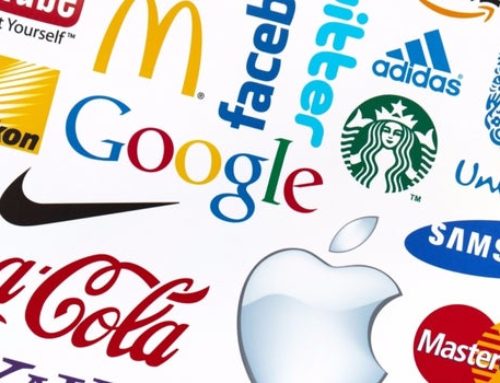I’ve said little about the presidential election as I resist offering an opinion on matters where I have little expertise. In honor of inauguration day, however, I wanted to say something about this epic election. I realized it was particularly noteworthy from a branding perspective. In fact, this election is a textbook case on the power of a brand. Also, it underscores a common problem – very smart and well-trained people often fail to understand the fundamental dynamics of branding.
To sum up the campaign in branding terms, I offer up the following:
Make America Great Again
I’m With Her
Stronger Together
First, I’d mention that one of these is an actual branding idea – a compelling dream that takes your mind somewhere. The other two statements are slogans.
Now, ask yourself a few questions. Without knowing anything else, which of these statements appeals to you? Which one provokes your imagination? Which one gives you a positive emotional charge? Which one is the easiest to remember? Which one feels most relevant to you? Which one opens your imagination? Which one will Americans likely remember 10 years from now? And, when the election is over and one of these statements wins, which one best reinforces that its victory is a good thing.
In this race, one group clearly understood branding, and the other did not. One group knew that the brand was bigger than the candidate, and would help the candidate transcend – – transcend logic, issues, emotional barriers and even facts. That’s what a powerful brand can do. The other group likely thought that the candidate was the brand, and only needed slogans to capture the essence of the campaign platform. In my view, this was a Shakespearean misstep. I believe it cost the democratic candidate the election
Powerful brands have the ability to transcend, which is why they are so valuable They also need less investment to work. Trump spent half of what Clinton spent on his way to the presidency. During this presidential race, the brand was the driver of success for one party and also a driver of failure for the other. Failure in that the democratic party was competing without the benefit of brand power and in the face of brand power. That gap made the campaign harder to wage and win.
The president election is a perfect analogy for the marketplace. Fabulous products often compete without brand power and in the face of brand power, and underperform. Executives wring their hands over what’s not happening. They fail to see the obvious problem or opportunity. Can setting a transcendent context really make that much of a difference?




